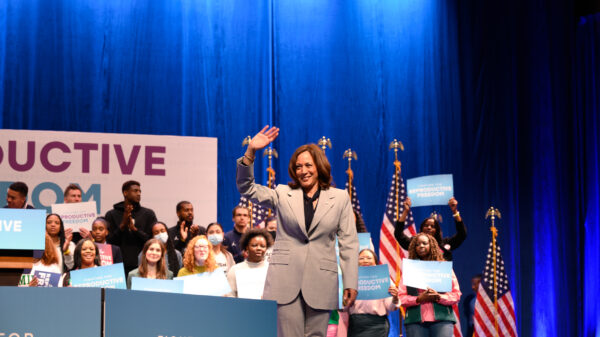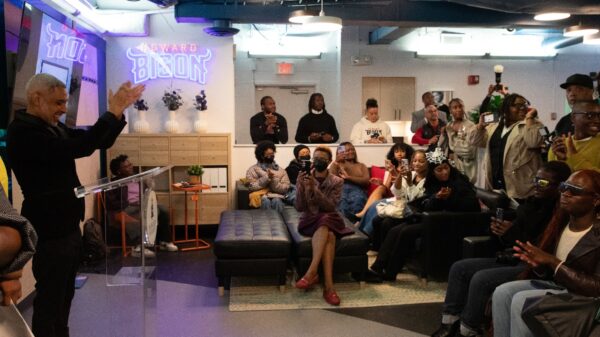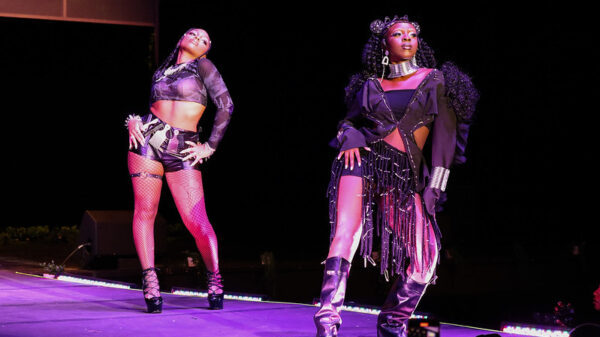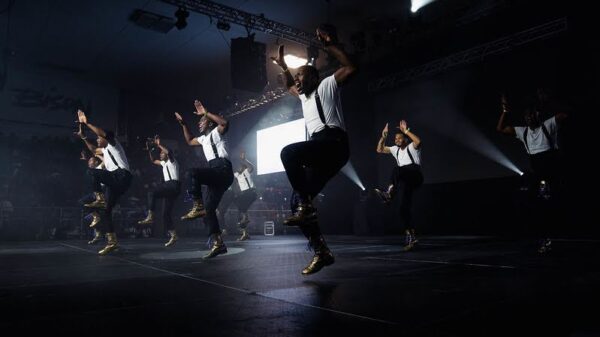By Jeresa Anderson, News Editor

Throughout American history, Black women have been at the forefront in fighting for (and sometimes against) a society that actively works against them. They often hold the most coveted votes in close elections, yet their demands are rarely met with legislation after the campaigning is over.
On the eve of the 2020 election, Democratic politicians across the country are trying to appeal to Black voters, especially women, because they make up a core part of their supporters. Truth be told, those reliable votes are cast not for those politicians as much as against their opponents, who represent to Black women the forces that most affect them at the intersection of gender and race.
Black women overwhelmingly vote Democratic. They rejected Donald Trump in the 2016 election, with 98% of Black women voters voting for Hillary Clinton. That was 17 percentage points more than Black men, and 53 points more than white women.
In Alabama’s 2017 special election, Black women voted for the Democratic candidate, Doug Jones, at 98%. Black men followed with 93% and white women with 34%. That election was controversial due to allegations of sexual misconduct against the Republican candidate, Roy Moore.
The country was watching Alabama as voters went to the polls. Moore arrived on horseback to cast his ballot, and lost the election. Journalists and political analysts credited Black women for Jones’s victory. In fact, #blackwomen was trending on Twitter as Jones was projected the winner of the election.
The same can be said about the 2020 election. In the 2020 primaries, the need to appeal to a Black base, especially a Black women base, was so strong that former Vice President Joe Biden was compelled to pick Sen. Kamala Harris as his running mate. Two other Black women were among Biden’s five female finalists: former U.S. ambassador Susan Rice and Rep. Karen Bass of California.
Harris is the pick. She’s from a Democratic state, California, and despite popular belief, she is one of the most liberal senators in Congress. She has an HBCU background, being a Howard University alumna, and most importantly, she’s a Black woman. She appeals to the demographic that typically votes at higher rates: Black, college-educated women.
Democrats have relied on Black people to vote based on their Blackness since the realignment of the two major parties in the U.S. Though Democrats can depend on Black women to cast votes in their favor, most legislation those elected lawmakers pass does not represent the values and priorities of Black women.
What are these values? According to Natasha Murphy, chief of staff for Black Girls Vote, one of the primary issues the organization hears about from Black women centers around economic development.
“It’s [based] off the access to either professional opportunities or entrepreneurial opportunities that will ensure our families and our communities are in a much better economic position than they currently are and historically have been,” said Murphy.
“Black women are definitely sick of the persistent wage gap in this country. Despite the fact we are creating businesses at the fastest rate of all demographics, oftentimes we are not able to access the financial capital or human capital to expand those entrepreneurial endeavors,” she continued.
Issues like health care and gun violence are also at the top of their priority lists. Black women are two to six times more likely to die due to pregnancy complications than white women. The numbers differ depending on where they live. Black women are also at the forefront of movements, including Black Lives Matter, fighting against police brutality and gun violence in their communities.
Another issue is the lack of representation in government. Black people make up about 13% of the U.S. population. Black women represent 52% of the Black population. This makes them about 6.6% of the U.S. population yet, of the 126 women serving in Congress, only 22 are Black women. Furthermore, a majority of the women serve in the U.S. House. Harris is the only Black woman in the U.S. Senate. So of the 535 members of Congress, about 4% are black women.
Ideally, Congress should reflect the demographics of the country, meaning there should be at least 36 Black women serving in Congress. This underrepresentation hasn’t discouraged a majority of registered Black women from voting in recent elections.
Black women voters have one of the highest voter turnouts. In the 2016 election, 64% of eligible Black women voted. The only other higher turnout was 67% by white women.
According to Murphy, the pressure is not only on elected officials to provide tangible opportunities and commitments to Black women, but also on Black women.
“The onus is on us to ensure that we are holding these elected officials accountable once they do hold office,” said Murphy.
At a time when the country is facing many adversities like natural disasters, growing racial tensions, the COVID-19 pandemic and one of the biggest economic crises in American history, a major election may be decided–but not shaped–by Black women.
This article is courtesy of TruthBeTold.news.









